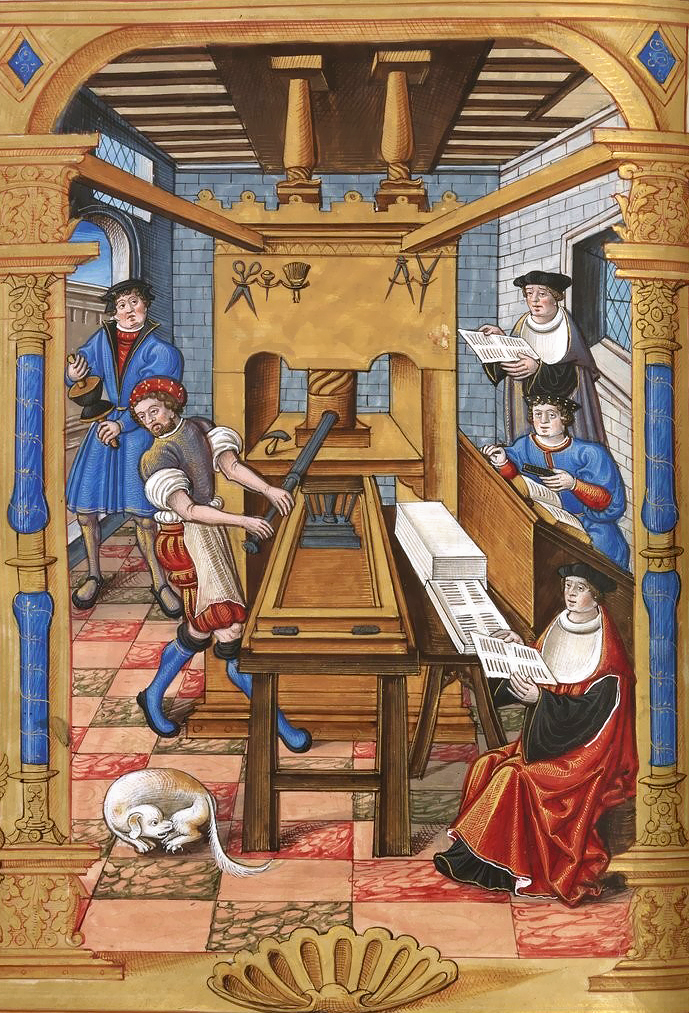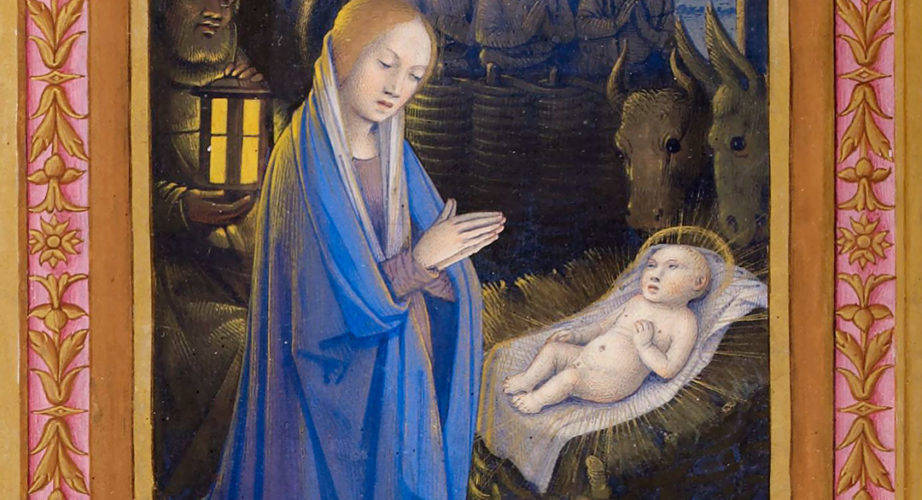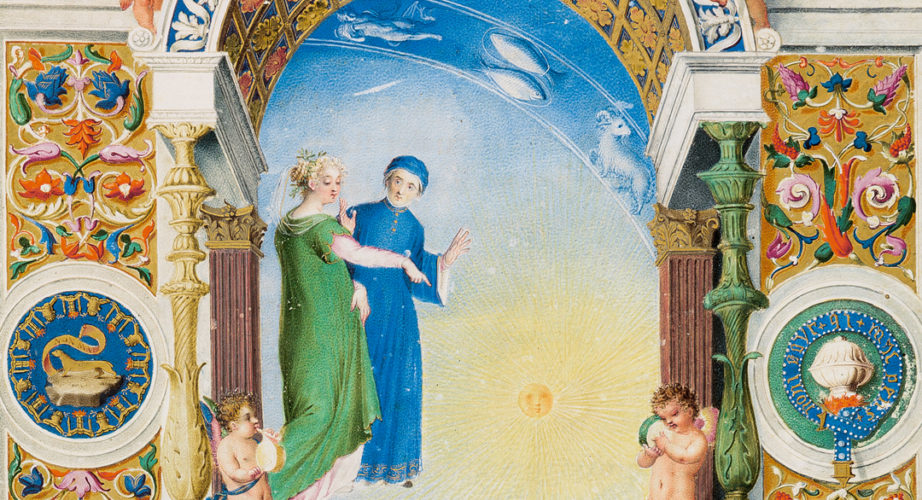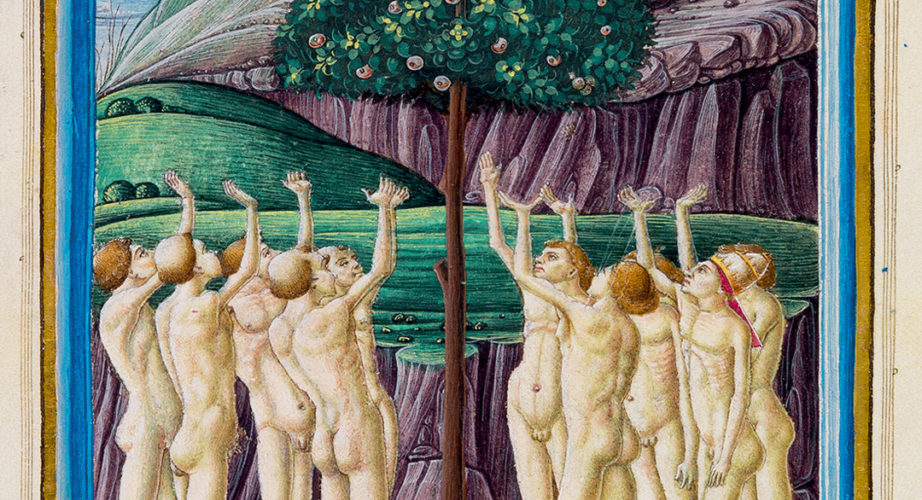FREEDOM OF PRINT
 For the last 25 years, UNESCO has been celebrating May 3 as World Press Freedom Day. The aim of the Day, declared by the UN General Assembly in 1993, is that of celebrating and highlighting the principles of press freedom around the world, thus reminding governments their role and duty to respect this fundamental right. At the same time, May 3 also became a "symbol", a day in remembrance of those who lost their lives due to censorship and the violation of press freedom - such as journalists, editors, and publishers. In regard to this issue, the international NPO Reporters Without Borders (Reporters Sans Frontières, RSF) regularly updates a "barometer" indicating the number of journalists who were killed or imprisoned in connection with their journalistic work in the current year.
Press censorship started to emerge since soon after its very invention. Before Gutenberg, actually, written knowledge was heavily controlled by the religious institutions most scribes belonged to; the new opening to a privatization of the printing process (as well as the wider diffusion of books and the like) thus represented a huge threat to a Church that was already being under attack by the Protestant Reformation. Via a papal bull, the so-called Inter multiplices, Innocent VIII had introduced preventive censorship of the press as soon as in 1487; this legislation of censorship was further reiterated by the following Popes. Before being published, any written work required the approval (the so-called imprimatur) from the local bishop and diocese. These principles led to the creation of the infamous Index Librorum Prohibitorum, as well as that of the Roman Inquisition.
Although the Church did not hold the same influence across all of Europe, many other institutions followed its example in order to favour their power and image. An example of this could be found in England, where Henry VIII decided on a form of preventive censorship in 1531: it was against this law that, in 1644, John Milton wrote one of the first texts openly declaring the importance of press freedom, the Aeropagitica. Soon after, in 1695, England would also be the first country to abolish preventive censorship as a whole. The French Revolution would eventually inlcude press freedom in the Declaration of the Rights of the Man and of the Citizen of 1789, thus marking its "final" integration as part of the modern western ideology.
"Printing", illumination from the manuscript "Chants royaux sur la Conception", ms. Fr 1537, f. 29v, 16th century, Bibliothèque Nationale de France, Paris.
For the last 25 years, UNESCO has been celebrating May 3 as World Press Freedom Day. The aim of the Day, declared by the UN General Assembly in 1993, is that of celebrating and highlighting the principles of press freedom around the world, thus reminding governments their role and duty to respect this fundamental right. At the same time, May 3 also became a "symbol", a day in remembrance of those who lost their lives due to censorship and the violation of press freedom - such as journalists, editors, and publishers. In regard to this issue, the international NPO Reporters Without Borders (Reporters Sans Frontières, RSF) regularly updates a "barometer" indicating the number of journalists who were killed or imprisoned in connection with their journalistic work in the current year.
Press censorship started to emerge since soon after its very invention. Before Gutenberg, actually, written knowledge was heavily controlled by the religious institutions most scribes belonged to; the new opening to a privatization of the printing process (as well as the wider diffusion of books and the like) thus represented a huge threat to a Church that was already being under attack by the Protestant Reformation. Via a papal bull, the so-called Inter multiplices, Innocent VIII had introduced preventive censorship of the press as soon as in 1487; this legislation of censorship was further reiterated by the following Popes. Before being published, any written work required the approval (the so-called imprimatur) from the local bishop and diocese. These principles led to the creation of the infamous Index Librorum Prohibitorum, as well as that of the Roman Inquisition.
Although the Church did not hold the same influence across all of Europe, many other institutions followed its example in order to favour their power and image. An example of this could be found in England, where Henry VIII decided on a form of preventive censorship in 1531: it was against this law that, in 1644, John Milton wrote one of the first texts openly declaring the importance of press freedom, the Aeropagitica. Soon after, in 1695, England would also be the first country to abolish preventive censorship as a whole. The French Revolution would eventually inlcude press freedom in the Declaration of the Rights of the Man and of the Citizen of 1789, thus marking its "final" integration as part of the modern western ideology.
"Printing", illumination from the manuscript "Chants royaux sur la Conception", ms. Fr 1537, f. 29v, 16th century, Bibliothèque Nationale de France, Paris.
Post consigliati
Happy Holidays from Folia Magazine!
Folia Magazine wishes all of you the happiest of Holidays with this delicate,…
Journey through the Dante Urbinate: Paradise, Canto I. Dante and Beatrice
The cover page of the Paradiso displays an architectural structure that is complex…
Journey through the Dante Urbinate: Purgatory, Canto XXIV. The Tree of Temperance
As the three poets continue their journey through Purgatory, they reach the sixth…


